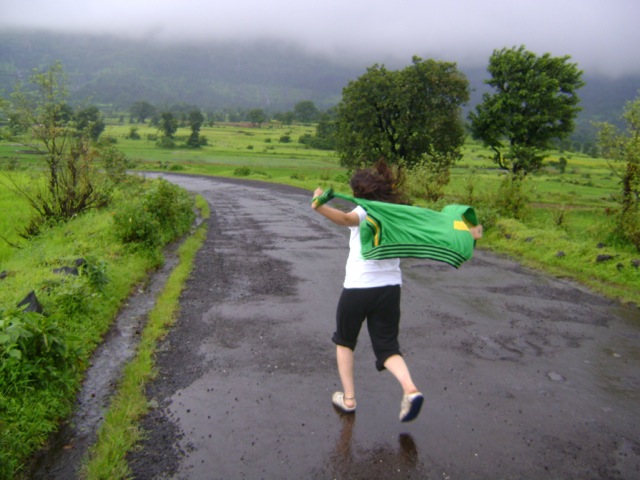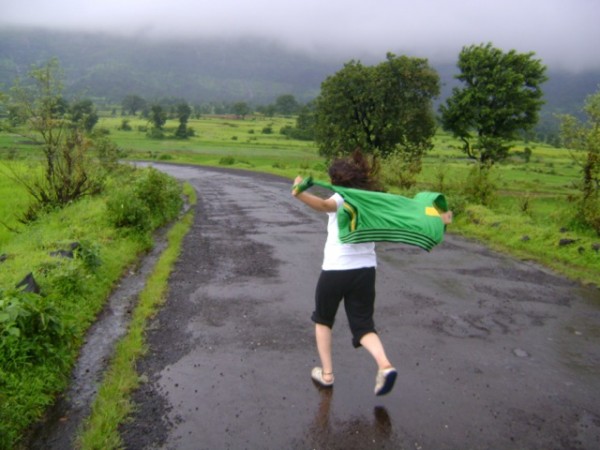IN THE LATE NINETIES, I was a teenager growing up in New Delhi. Today, I am a 32-year old woman living in the United States.
There are a few other things that I am. I am a mother and a wife. I am also a newbie writer, which probably is beside the point. Or maybe it isn’t. The point is, for the most part, I am exactly what I was expected to be at 32, back then when I was still 17.

